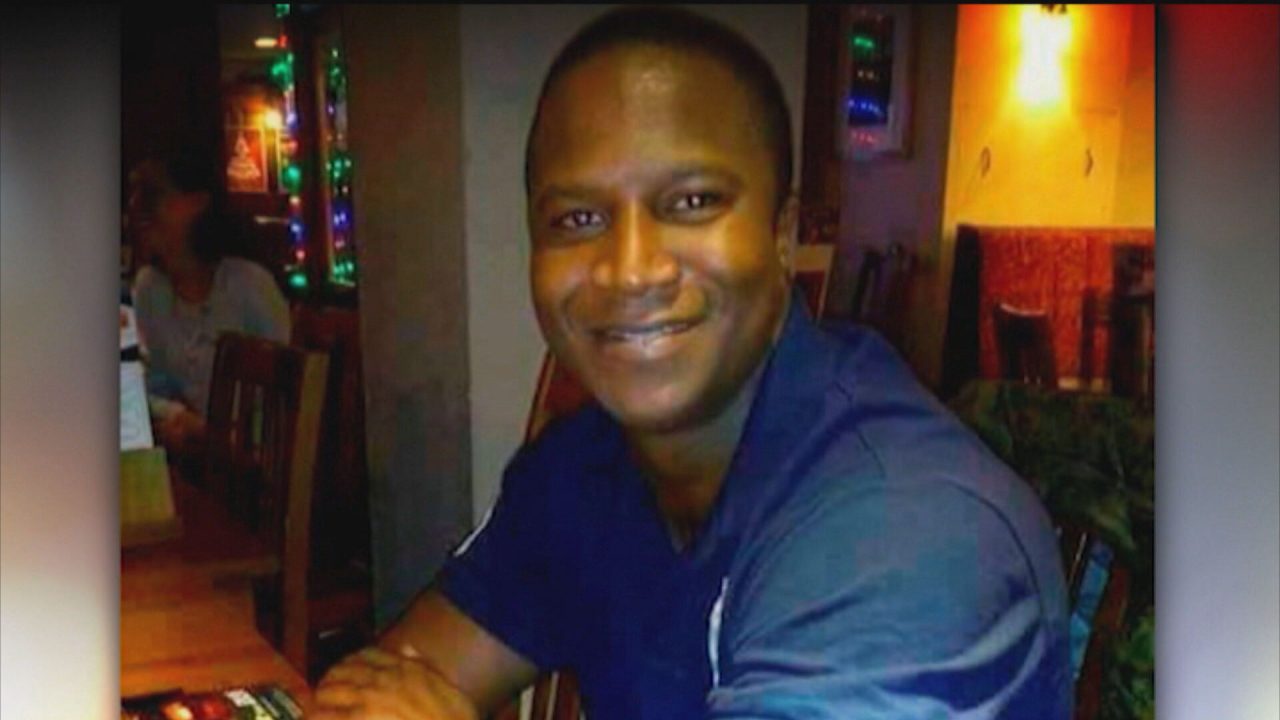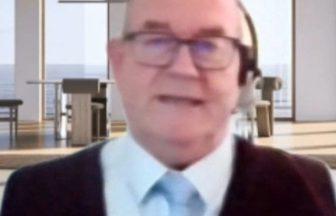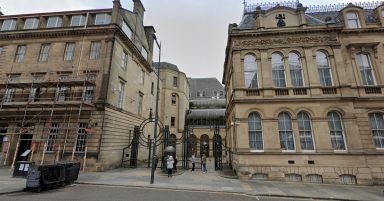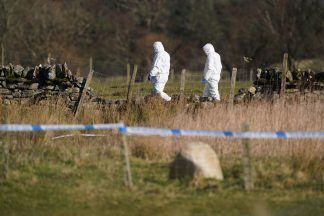The chair of the Sheku Bayoh inquiry is to consider his position after his impartiality was questioned because he had meetings with the Bayoh family.
Lord Bracadale will hold a hearing in June to hear views from all the parties represented at the inquiry on whether it has been conducted fairly.
If he steps down, it could delay the findings, but a decision to stay on could result in a judicial review being submitted by the Scottish Police Federation, the body that represents rank and file officers.
The Federation’s concerns come as the inquiry was due to hear closing submissions.
Sheku Bayoh died after being restrained by police officers in Kirkcaldy ten years ago after he was restrained by around six police officers.
Following an investigation, the Crown Office decided not to take legal action against the police officers involved.
Last month, his family resolved the civil action first raised in May 2018, against the chief constable of Police Scotland.
The settlement was agreed without any admission of liability by Police Scotland.
The Scottish Police Federation said it was “surprised” by the chief constable’s decision to settle the claim against the force.
‘Lost confidence in the inquiry’
The body has now intimated a petition for a judicial review of the public inquiry, stating that five meetings between chair Lord Bracadale and the family had taken place without other core participants being notified.
David Kennedy, general secretary of the Scottish Police Federation, said: “These unusual developments have left many core participants feeling that the process no longer appears transparent and open, with all core participants having been treated equally.
“We have lost confidence in the inquiry and regrettably, we have been compelled to indicate that we consider it necessary to petition for judicial review. We are seeking a fair and transparent public inquiry.
“We will, of course, listen to what Lord Bracadale has to say at the forthcoming hearing, but as things stand, I imagine that it will be necessary to proceed with the petition.“
Lord Bracadale has presided over some of the most high-profile criminal trials in recent Scottish history, having been senior counsel for the Crown in the Abdelbaset al-Megrahi Lockerbie bombing trial, and presiding over the Nat Fraser and David Gilroy murder trials as a judge.
Mr Bayoh’s family have described the decision by the federation as an attempt to undermine the public inquiry, which has cost Police Scotland almost £25m.
‘Why now?’
In a statement on behalf of the family, solicitor Aamer Anwar said: “For over 50 years Lord Bracadale has given his life to public service, acting always with integrity and impartiality, yet this attack comes as no surprise to the Bayoh family, who have been subjected to repeated abuse and attempts to undermine them.
“The question is, why now? In over three years, nobody has uttered a word of complaint. Why should the Chair of a public inquiry not meet the victim’s family as they do indeed in every other public inquiry in the UK.
“Only recently, the chief constable met with the Sheku Bayoh family to offer her apologies to them, and she publicly stated her full support for the public inquiry. During the course of evidence, the former Lord Advocate offered his apologies to the Bayoh family – so the question is not what the Federation say, but what lawyers for the Crown Office and chief constable will do at the hearing.
“In conclusion, this inquiry has robustly exposed the incompetence, misconduct, alleged criminality and institutional racism at the heart of our criminal justice system – nothing the Police Federation, Police Scotland, Crown Office or PIRC does now can ever change that.
“Police Scotland recently advised us in an FOI they had spent £17,332,174 on lawyers since the public inquiry was announced – in this final throw of the dice by those acting for the police, the public have right to know why millions more must be spent on police lawyers?”
Follow STV News on WhatsApp
Scan the QR code on your mobile device for all the latest news from around the country


 STV News
STV News

























